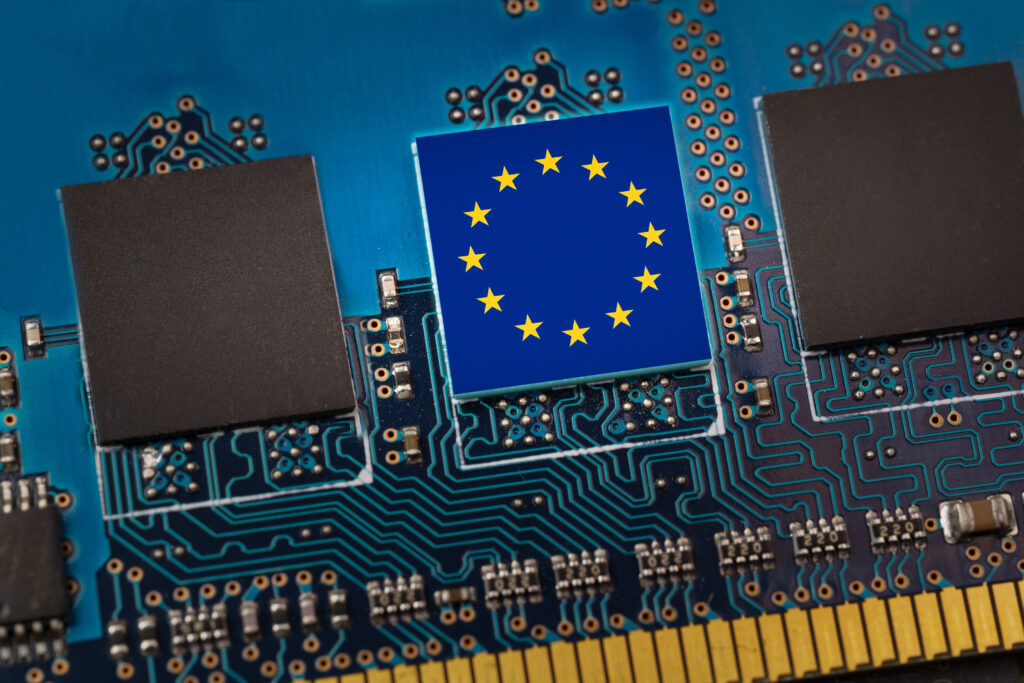The European Parliament has approved the EU AI Act, marking a significant step towards the first formal regulation of artificial intelligence (AI) in the Western world. The rules aim to regulate the use of AI, particularly generative AI, which has become a competitive battleground in the tech industry. While generative AI has shown impressive capabilities in generating content, concerns have been raised regarding job displacement, misinformation, and bias.
Why it matters: This signifies the emergence of comprehensive regulations for AI, setting a precedent for other regions. The EU AI Act will bring greater restrictions for developers of generative AI models, including popular ones like OpenAI’s ChatGPT and Google’s Bard, requiring them to undergo review before commercial release. Additionally, the Act upholds the ban on real-time biometric identification systems and controversial “social scoring” systems, addressing concerns around privacy and human rights.
- The AI Act received overwhelming support in the Parliament, with 499 votes in favor, 28 against, and 93 abstentions, although it still needs to go through further stages before becoming law.
- Technology leaders need to stay informed about evolving regulations to ensure compliance, adapt their AI development strategies, and navigate the ethical implications associated with AI technologies.
- The Act upholds the ban on real-time biometric identification systems and controversial “social scoring” systems, addressing concerns around privacy and human rights.






